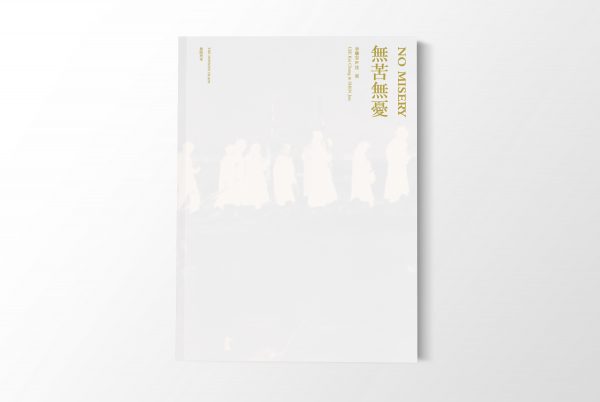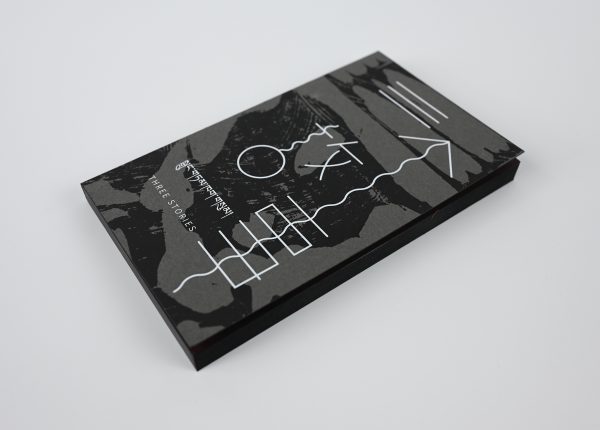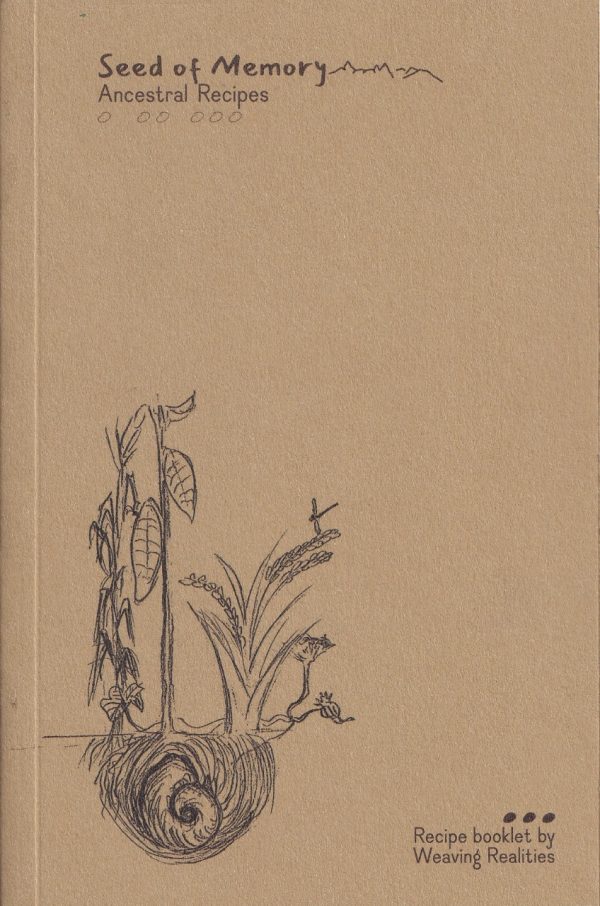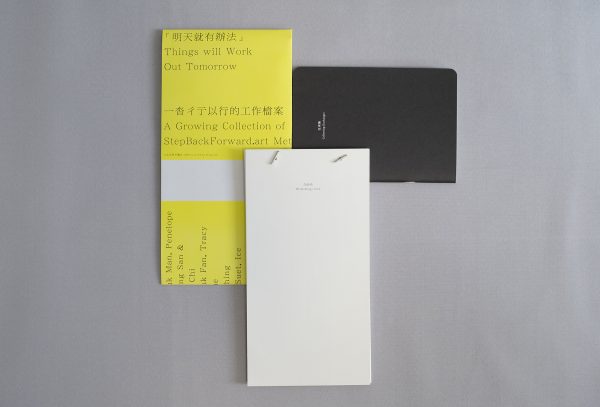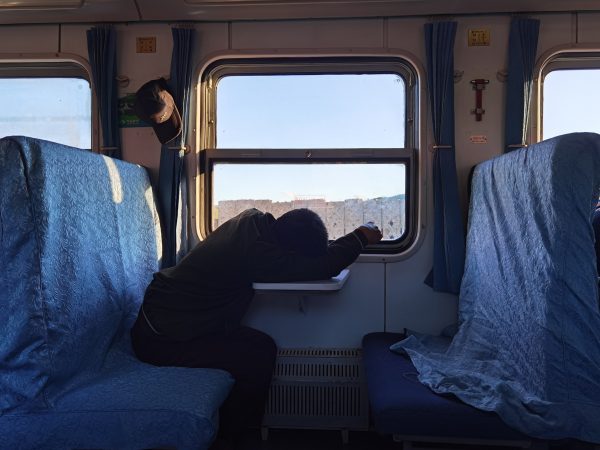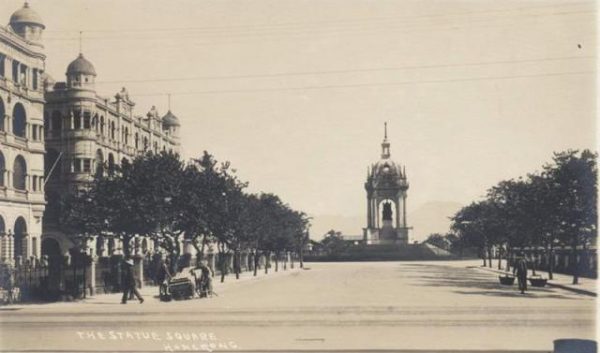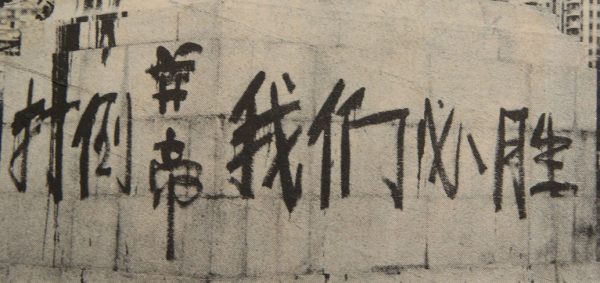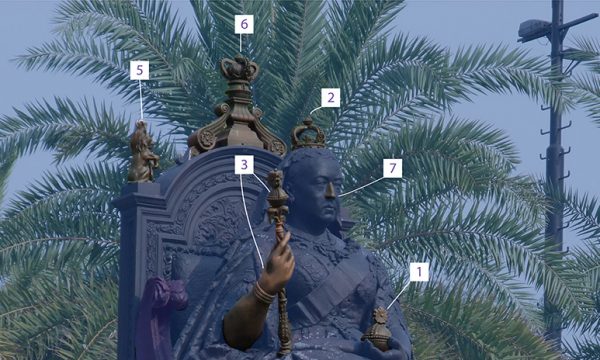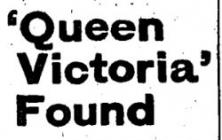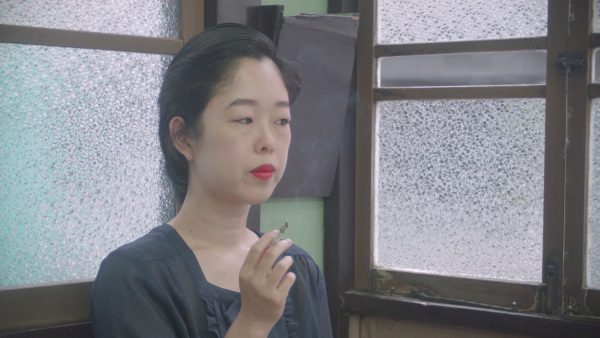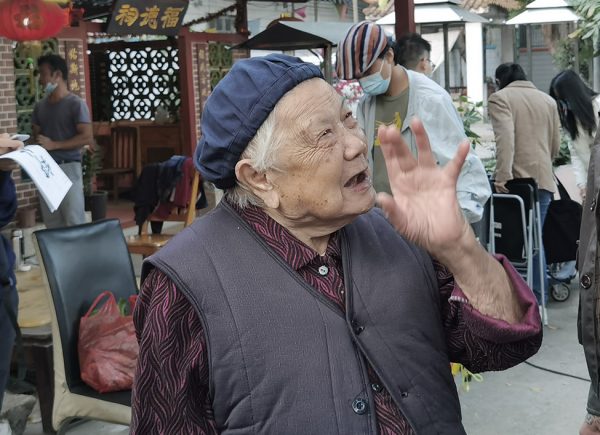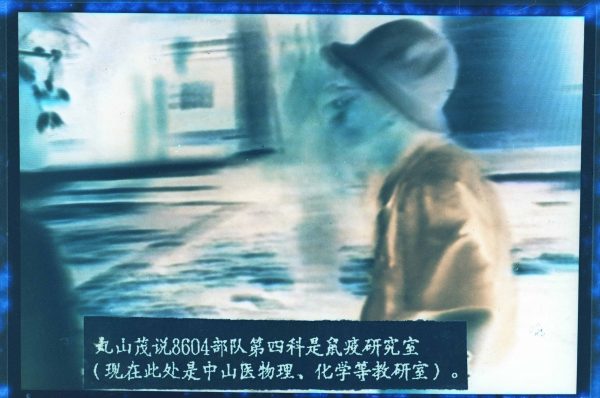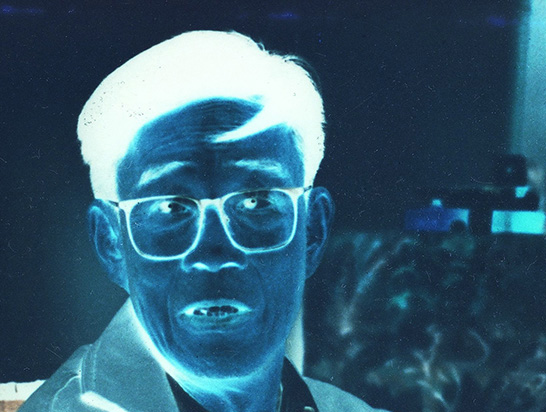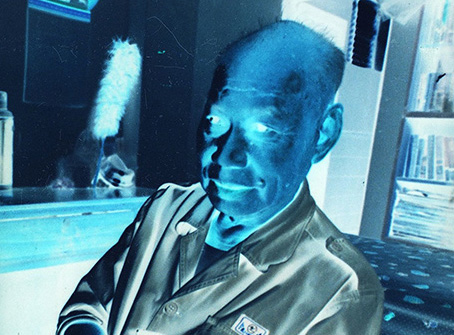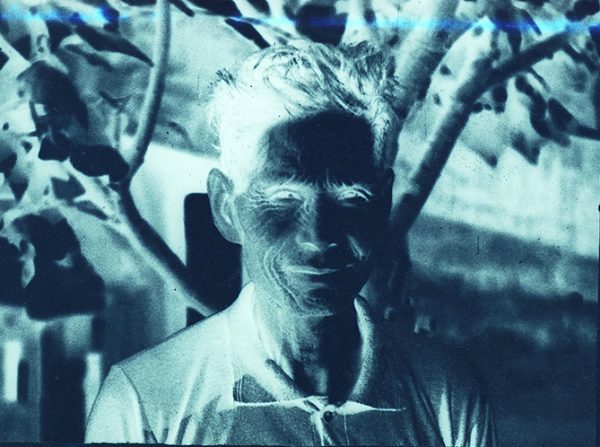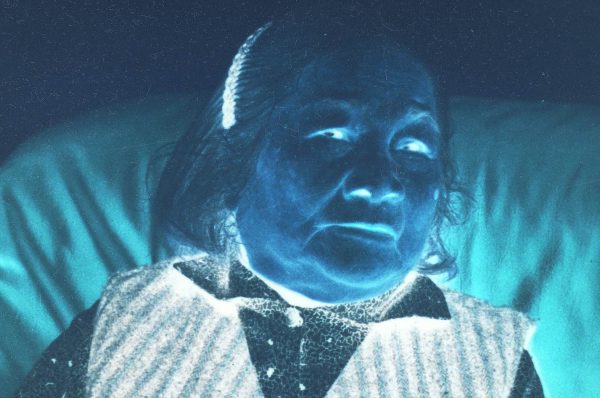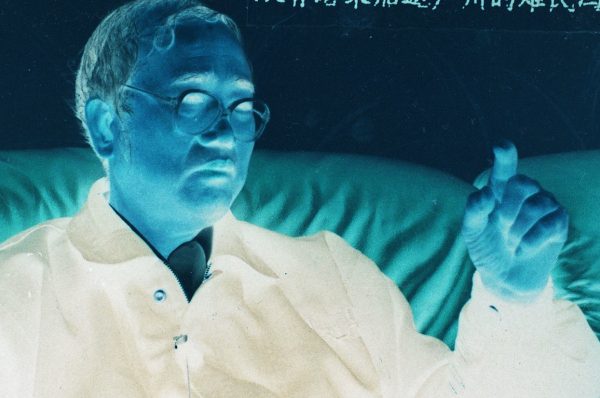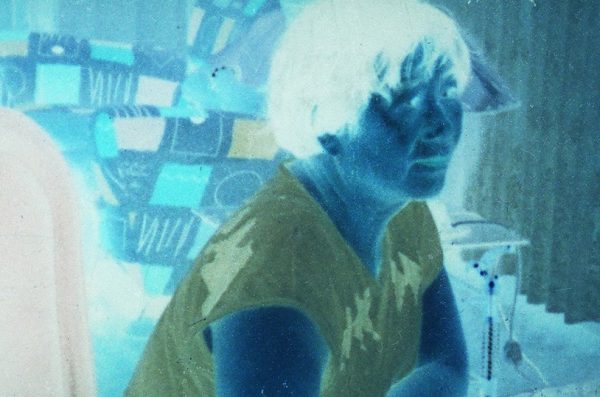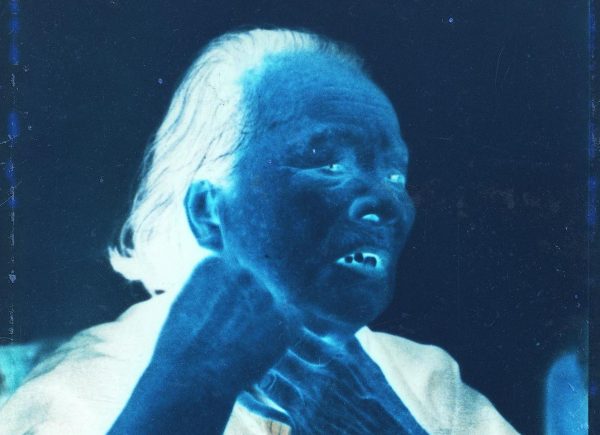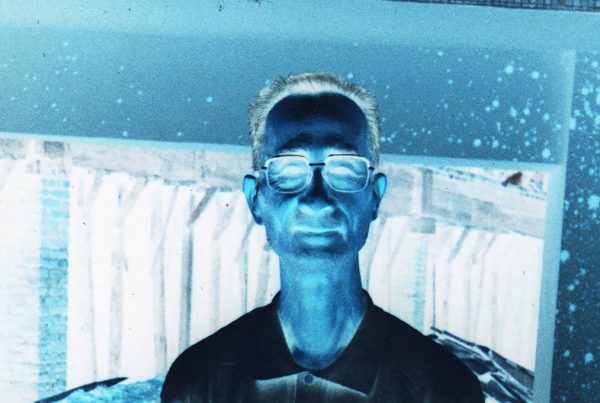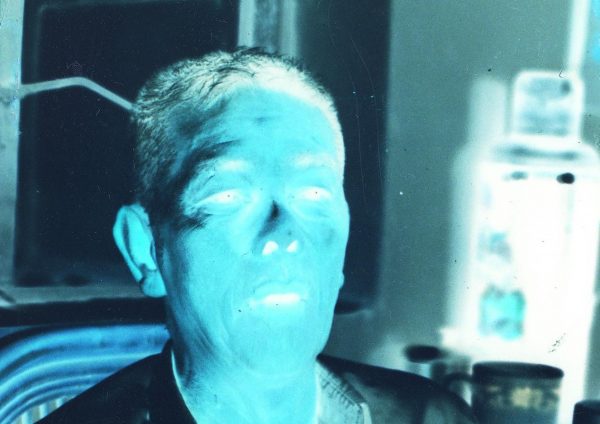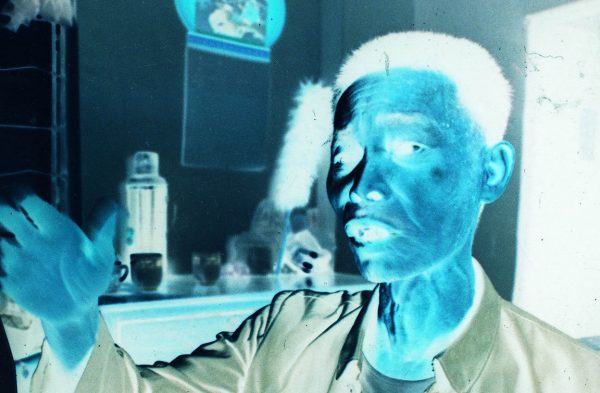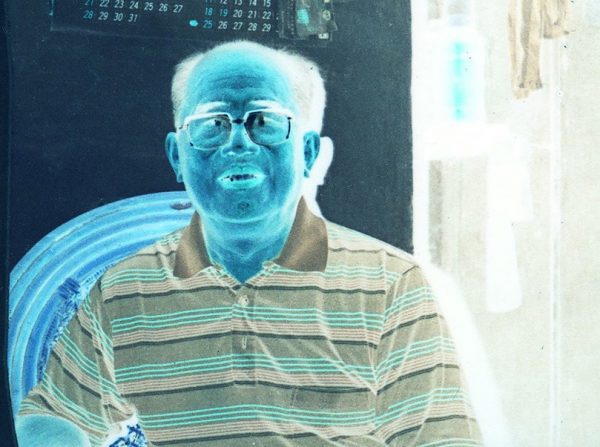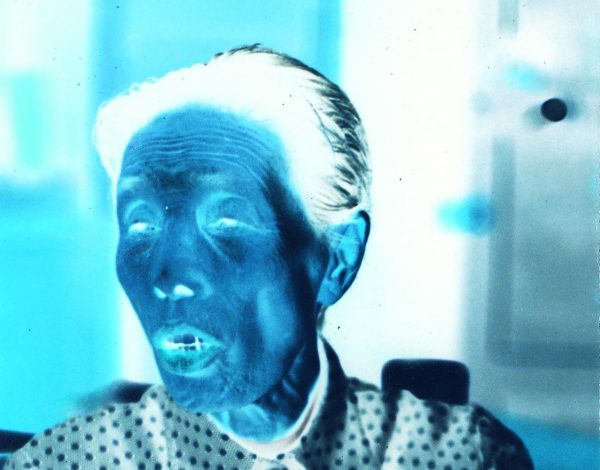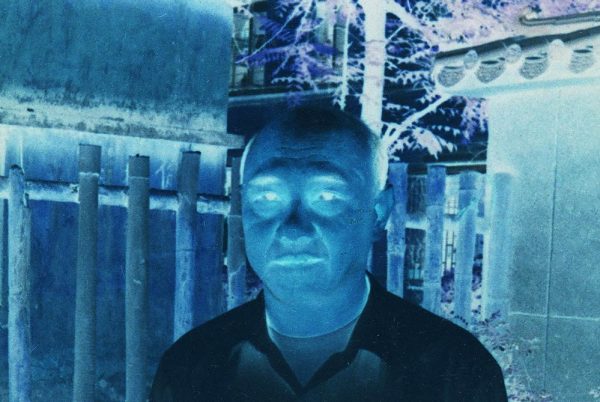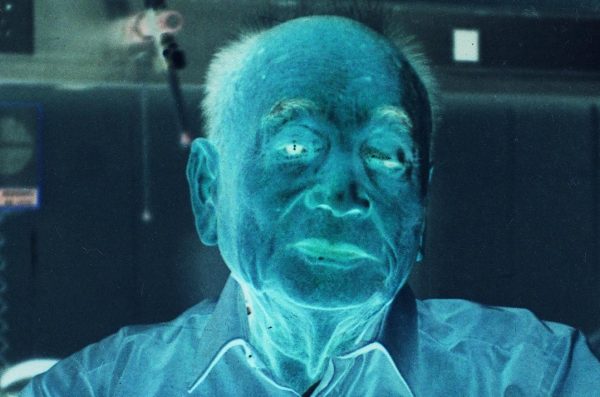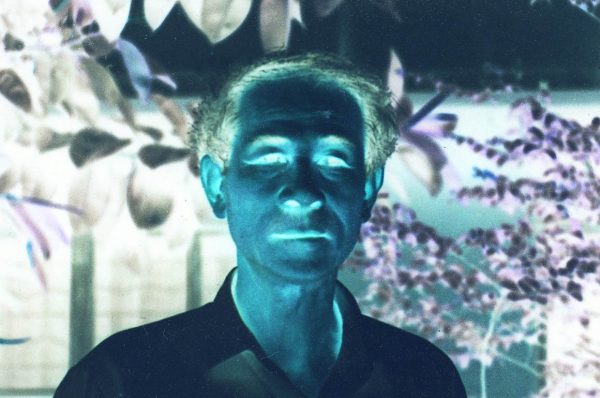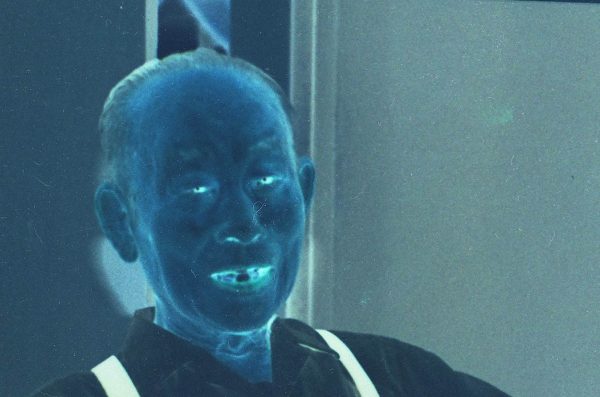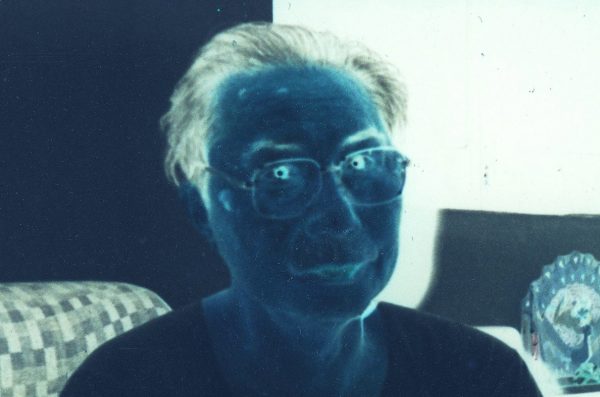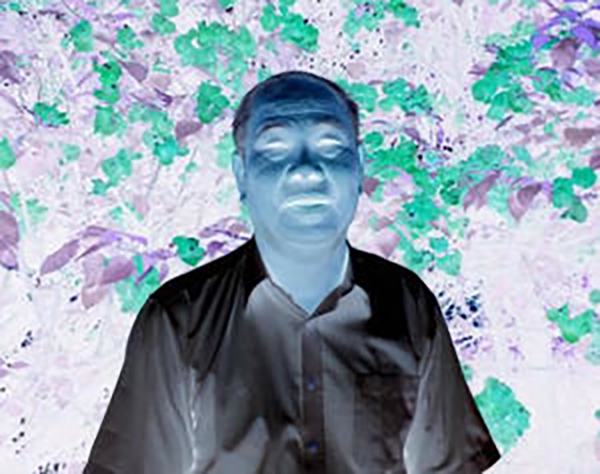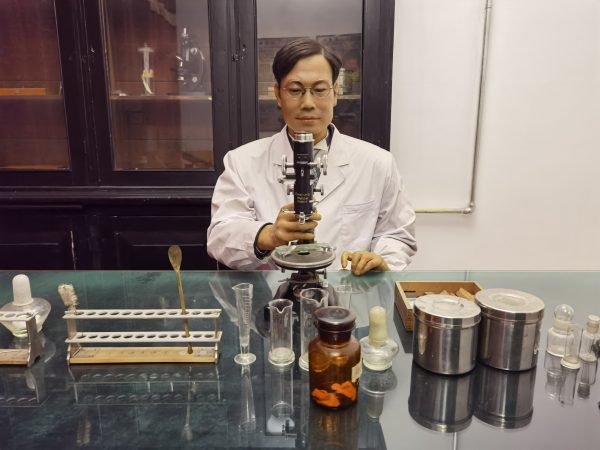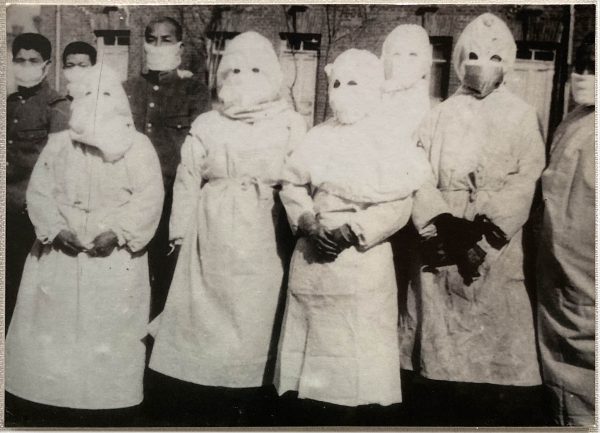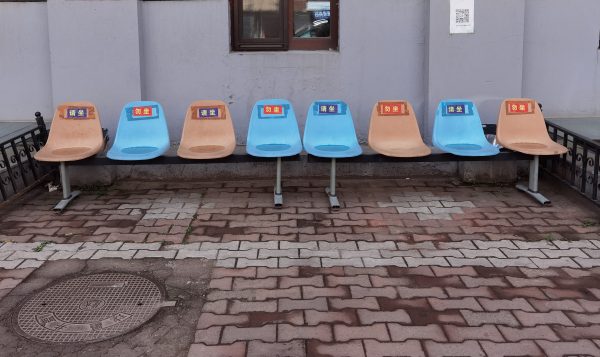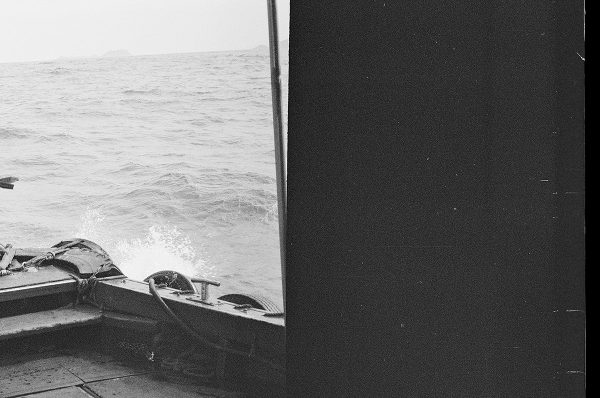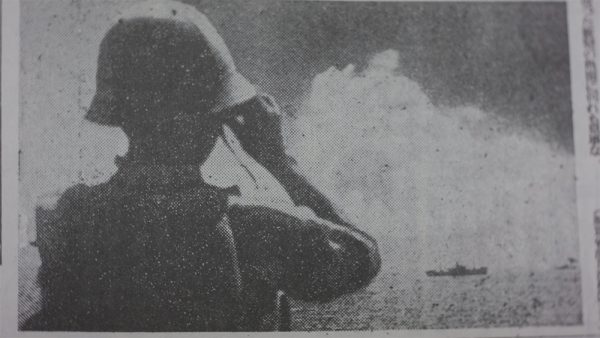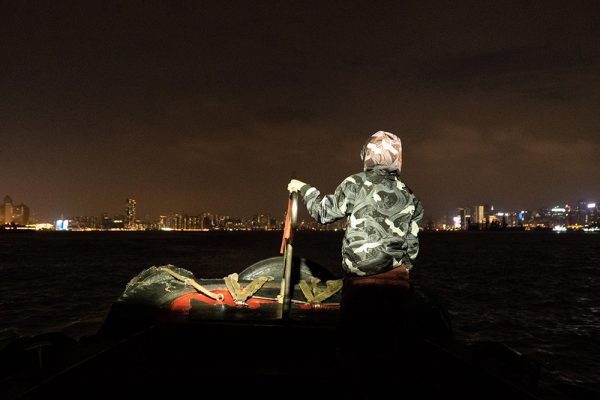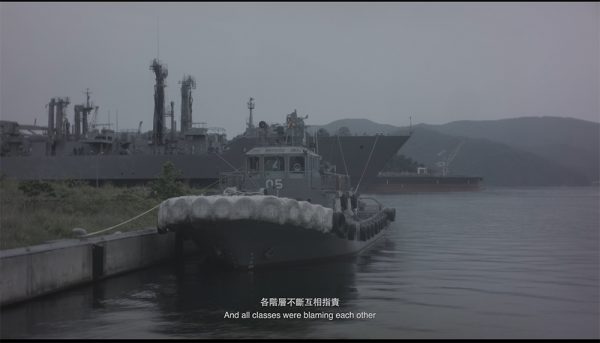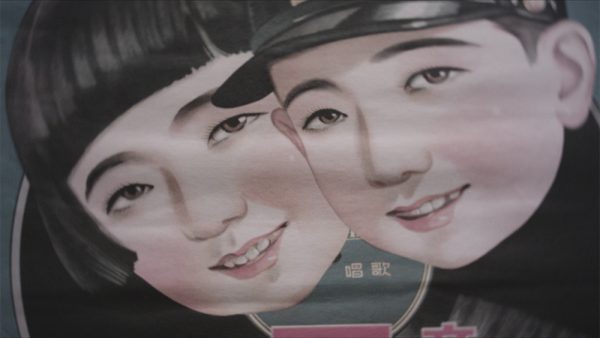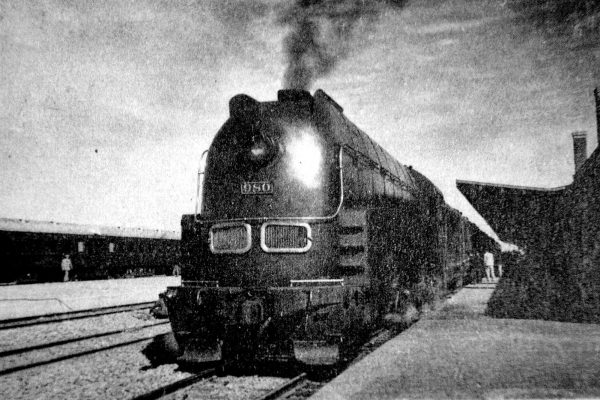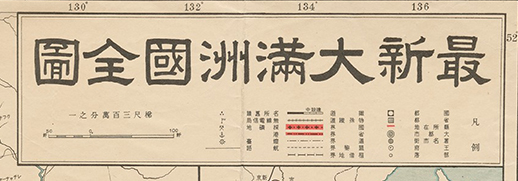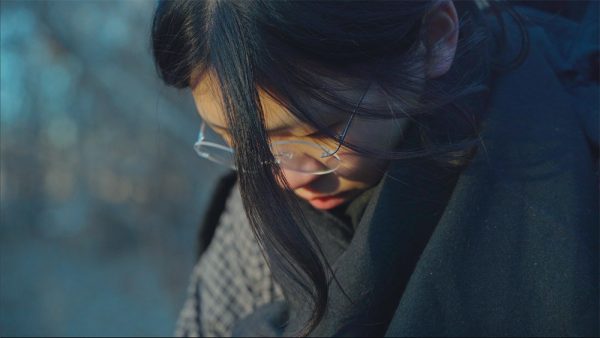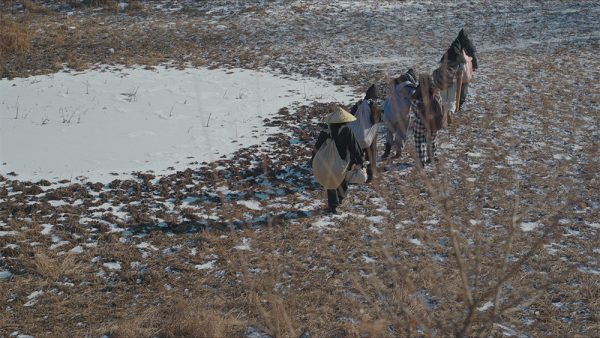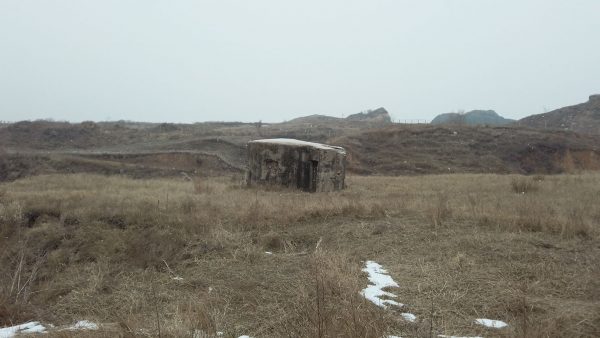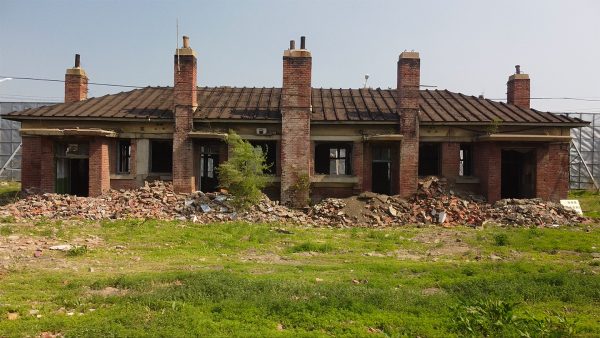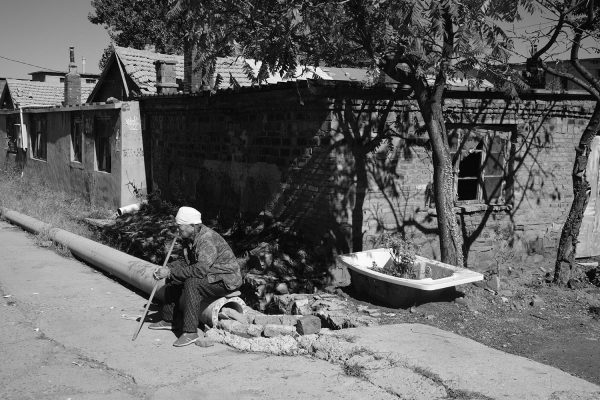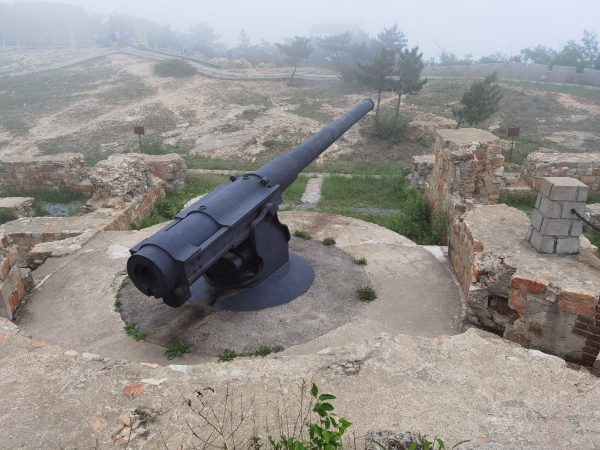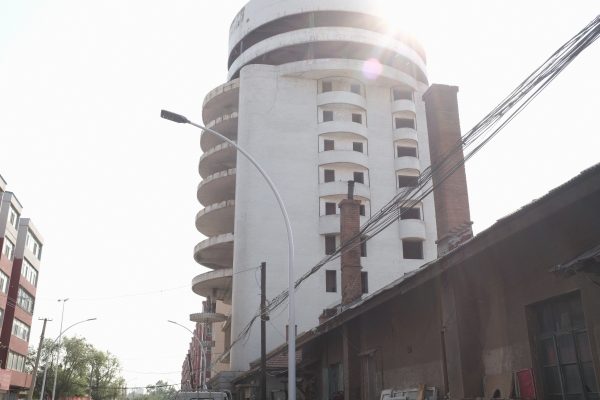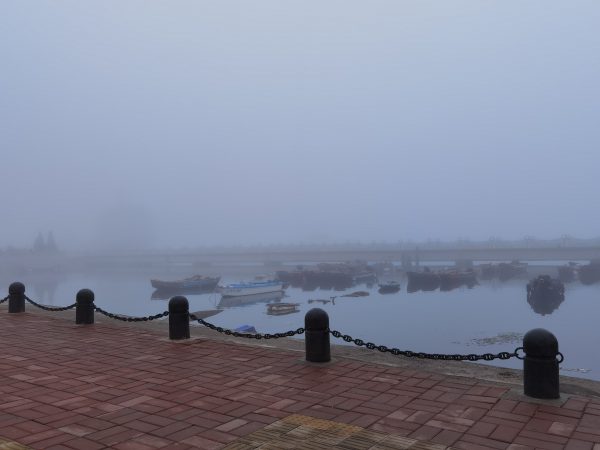Printed Matters is a testament to the enduring resilience of art publishing within and beyond The Phantom Archives. Here, we dive into our publications and collaborative projects, highlighting how art publishing serves as a resilient medium for preserving, disseminating and exercising ideas, narratives, and creative expressions.
-
①②←
Printed Matters
-
①②←
Transiting
I experienced ten days on a wobbling ship, woke up every three hours. The ship has a shallow ceiling. An image constantly appeared in my subconscious mind, there were some black sticky tentacles extending from the bottom of my chin, slowly creeping and covering my entire face, except two nostrils that allowed me to breathe. I love the feeling of being suffocated, it is similar to how streets near our original home were engulfed by the charcoal darkness after nightfall, because almost all the street lamps were dismantled because of special circumstances. And it brought along a sense of intimacy with the fear, that warmth still stayed on my cheeks when I got off.
Once on shore, this place is foreign to me. ‘Why am I here?’ this thought came to my mind. When I crossed the vessel gangway, I caught a glimpse of what appeared to be some flattened garments floating on the surface of the waters in the distance. We stayed with the phantoms, have we gradually lost the ability to tell stories?
I could not recall…how I got here.
-
①②←
Viral
“Yes, they had suffered together, in body no less than in soul, from a cruel leisure, exile without redress, thirst that was never slake. Among the heaps of corpses, the clanging bells of ambulances, the warning of what goes by the name of fate, among unremitting waves of fear and agonised revolt, the horror that such things could be, always a great voice had been ringing in the ears of these forlorn, panicked people, a voice calling them back to the land of their desire, a homeland. It lay outside the walls of the stifled, strangled town, in the fragrant brushwood of the hills, in the waves of the sea, under free skies, and in the custody of love. And it was to this, their lost home, towards happiness, they longed to return, turning their backs disgustedly on all else. ”
Albert Camus, The Plague, trans. Stuart Gilbert (New York: Vintage Books, first Vintage international ed.). p.251.
-
①②←
Displacement
Do you see it?
He turns back, looking towards the deep woods. Now it’s within our border, but earlier it was called Goryeo – their own territory. Their sacred mountain, blessed from natural crises, only suffering man-made disasters. This road leads you a few tens of kilometres towards the border. From there, sometimes three or four people sneak across the frozen river in winters. Elderly in town sometimes see corpses buried in the snow when they hunt for ginseng in the mountains. Deep as the woods is, those new to it easily lose their way. Others lucky enough to survive would make tents in the mountains and start living in the forest. Occasionally they come down to the mountainfeet market with lingonberries from the forest to exchange for any food and quietly go back. Everyone in the town knows who they are, but would keep it to themselves. They bear it in mind: once departed, one is displaced ever since, physically and mentally, never staying or returning.
-
①②←
The Void
I stopped outside a sanatorium for the elderly. Behind a rusty iron gate, three elderly people resting in a dilapidated courtyard with concrete flooring, one of whom stood near the gate, a seventy-some lady met my eyes. The lady dressed neatly, obviously being aware of decency. I greeted her; her lips slightly opened and wriggled. Languages also stuck as my broken Mandarin not communicatable. Her face was heavily tanned and wrinkled so that her eyelids were pressed down so low, I barely saw anything but only the deep pupils in her eyes, as if they would vacuum souls into a vortex, dissipating everything. The old man sitting behind her leaned his head peculiarly to one side while playing with his fingers, whose suspicious, guarded eyes kept staring at my camera. The old lady held her hands behind her back, serenely and hollowly, and continued murmuring something to me.
My palms felt the coldness of metal when I held onto the railings and took a step backward. A gate separates the two worlds. Was I trapped, or was she? A red star was still hanging above the glass front door of the sanatorium, and a line of tour buses whizzed by behind me.
-
①②←
Fog
Early in the morning, we rode bicycles along the coast of Lüshun Port, fog by the sea blurred my sight, inducing a sensuous confusion of time and space. Everything was romanticised soaking in pale white. When I photographed a locked gate along fences enclosing a colonial railway relic, a sharp alarm shattered the illusionary peace and silence, and a shadow figure came out of the fog. A soldier in his camouflage uniform politely asked us to delete the photograph. After a while, the sun rose into the mid-sky, the fog dissipated, and the sense of time and space resumed. A red flag came into vision, suggesting the site to be an active military base. That moment I learned the fog was obscure.
